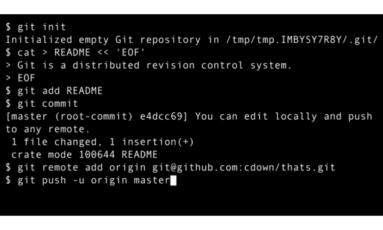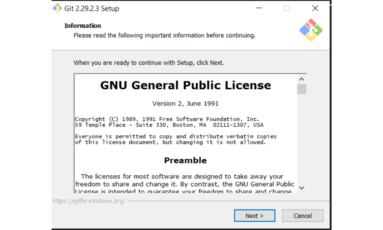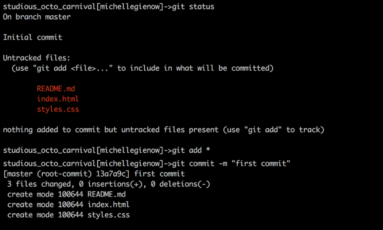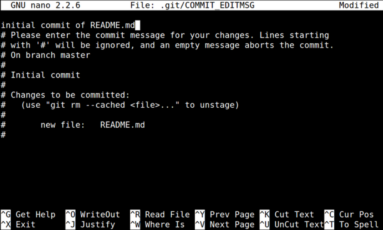Overview
Git is a distributed version control system capable of managing projects of all sizes with remarkable speed and efficiency. It was developed by Linus Torvalds in 2005 to aid in the development of the Linux kernel, with contributions from other kernel developers during its inception.
Key Features
- Distributed Architecture: Each developer’s working copy of the code is also a repository that contains the complete history of all changes.
- Data Integrity: Git uses a data model that ensures the cryptographic integrity of every part of your project.
- Speed: Git is designed to be fast. Its operations are local, so there’s no network latency involved.
- Branching and Merging: Git’s branching and merging are incredibly powerful. Branching is a lightweight operation, encouraging workflows that involve frequent branching and merging, even multiple times a day.
- Staging Area: Git has an intermediate staging area or “index” where commits can be formatted and reviewed before completing the commit.
- Free and Open Source: Git is released under the GPL (GNU General Public License) v2.0, making it open source and freely available.
Top Alternatives
- Mercurial SCM: Known for its ease of use, especially on Windows, and its efficient handling of projects of any size. It’s a distributed source control management tool with an easy and intuitive command-line interface.
- Apache Subversion (SVN): An open-source version control system that maintains source code in a central server. It’s based on a client-server model and is suitable for centrally located teams.
- Fossil: This system combines version control, bug tracking, and wiki functionality in one. It is renowned for its simplicity and high reliability.
- Bazaar: A tool that offers a friendly user interface and works well with many workflows, from solo to centralized to decentralized.
- Perforce Helix Core: Known for its scalability, it’s used by large enterprise teams. It adeptly manages both sizable binary files and projects.
Pros and Cons
Pros of Git
🌐 Distributed Nature: Allows for full copies of the entire repository on every developer’s computer, enabling work without central server connectivity.
🌿 Branching and Merging: Git’s branching system is robust and makes it easy to manage multiple versions of code.
⚡ Speed and Performance: Git is designed for performance. Most operations are performed locally, giving it a speed advantage.
🔒 Data Integrity: Every file and commit is checksummed, ensuring the integrity of your code history.
👐 Open Source: Git is free and open-source, which means it’s continually improved by a community of developers.
Cons of Git
🤔 Complexity: Git has a steep learning curve and can be complex for beginners.
🖼️ Binary Files: Git is not ideal for handling large binary files or large volumes of files.
📦 Partial Checkouts: Git requires you to check out the entire repository, not just a particular directory or set of files.
Supporting OS
- Linux: Git was originally developed on Linux and runs natively on all distributions.
- macOS: Git is compatible with macOS and can be installed through various package managers or from source.
- Windows: Git can be used on Windows via Git for Windows (also known as msysGit), which provides a BASH emulation environment to run Git from the command line.
- BSD: Git is available on various BSD systems, including FreeBSD and OpenBSD.
- Solaris: While not as common, Git can also be used on Solaris and other OpenSolaris-based systems.
Conclusion
In conclusion, Git is a powerful and widely-used version control system that offers a range of features designed to improve the workflow of developers and teams. Its distributed nature allows for robust collaboration, while its branching and merging capabilities support complex development processes. Despite its steep learning curve and challenges with large binary files, Git’s benefits have made it the standard tool in many development environments.
Git’s compatibility with major operating systems like Linux, macOS, Windows, and others ensures that it can be integrated into most development setups. Whether you’re working on open-source projects or enterprise applications, Git provides the flexibility and control needed to manage code changes effectively.
As technology evolves, alternatives to Git may offer different advantages that could be more suited to specific project needs. However, Git’s strong community support and continuous development mean that it remains a top choice for version control in software development. 🚀
| Git (system software) | |
| 🌐 | Distributed Version Control |
| 🔒 | Data Integrity |
| 🌿 | Branching and Merging |
| 📝 | Staging Area |
| ⚡ | Speed |







